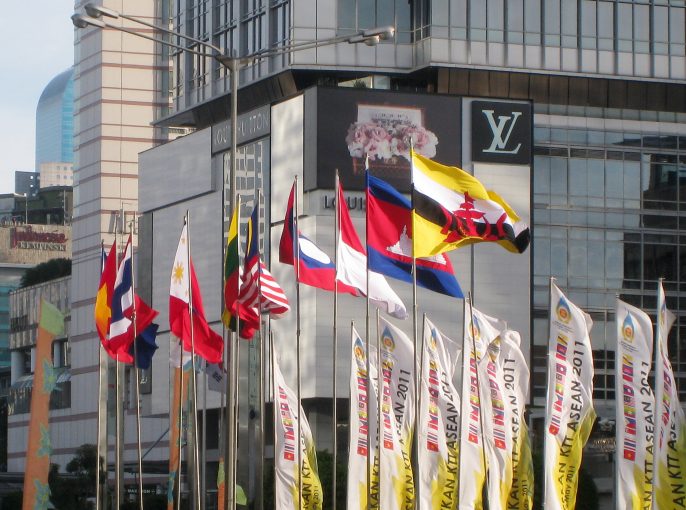
The crisis in Rakhine State has been there since a long time. Since 1962, during the military regime, the violence on behalf of ethnic and religious has been occurred and caused a miserable tragedy in the Rakhine State, Myanmar. Around 2.000 people have been killed and more than 140.000, approximately, became homeless. Therefore, Myanmar government has violated Human Rights toward the Rohingya. (Human Rights Watch)
Recently, according to the United Nations Refugee Agency, more than 650,000 Rohingya refugees have fled to Bangladesh since the end of August year 2017 to escape violance and persecution in Myanmar. Previously, The Fact Finding Mission of the United Nations showed that approximately 1,3 million people have moved to the Bangladesh border. The rest of Rohingya refugees are trying to move out to another country such as Thailand, Malaysia, and Indonesia. (United Nations, 2018)
Up to recent date, domestically, Myanmar government has lack of willingness to settle the conflict down. Regionally, ASEAN, with its very own AICHR (ASEAN Intergovernmental Commission on Human Rights), has a small power to manage the crisis. Willingness among its members is also weak toward the issue. At the highest level meeting of ASEAN, the ASEAN Summit, this issue has never been put on the table. Last week in Singapore, the ASEAN Leaders gathered and again there was no discussion on the issue. Solidarity of the ASEAN Member States is also far from harmony. It can be seen from a disunity of the ASEAN Member States on voting in the previous United Nations General Assembly Resolution L.48 on the situation of Human Rights in Myanmar. Five or half of the ASEAN Member States opposed the resolution. They are Cambodia, Lao PDR, Myanmar of course, the Philippines, and Vietnam. Two ASEAN Member States abstained, Thailand and Singapore. Only three ASEAN Member States supported the resolution, Indonesia, Malaysia, and Brunei. This again challenges both development of Human Rights legal structure in ASEAN, political willingness to implement and enforce Human Rights law and regulation domestically and regionally, and its non-interference principal which is unavoidably limiting the actions from other ASEAN Member States. So, at the governmental level in general, there is no a big expectation and opportunity from the government to government cooperation in settling the crisis.
Thus, it is time for us as civil society to show our solidarity for our ASEAN family in Rakhine State, Myanmar. CSOs in ASEAN could cooperate closely with each other to resolve the problems from the grassroots level. It is also hoped that CSOs across the region could push and force its own government domestically to concentrate on this issue under its foreign policy agenda.
—
This article was written by Walid Ananti Dalimunthe from ASEAN Studies Forum.
